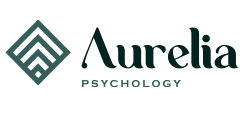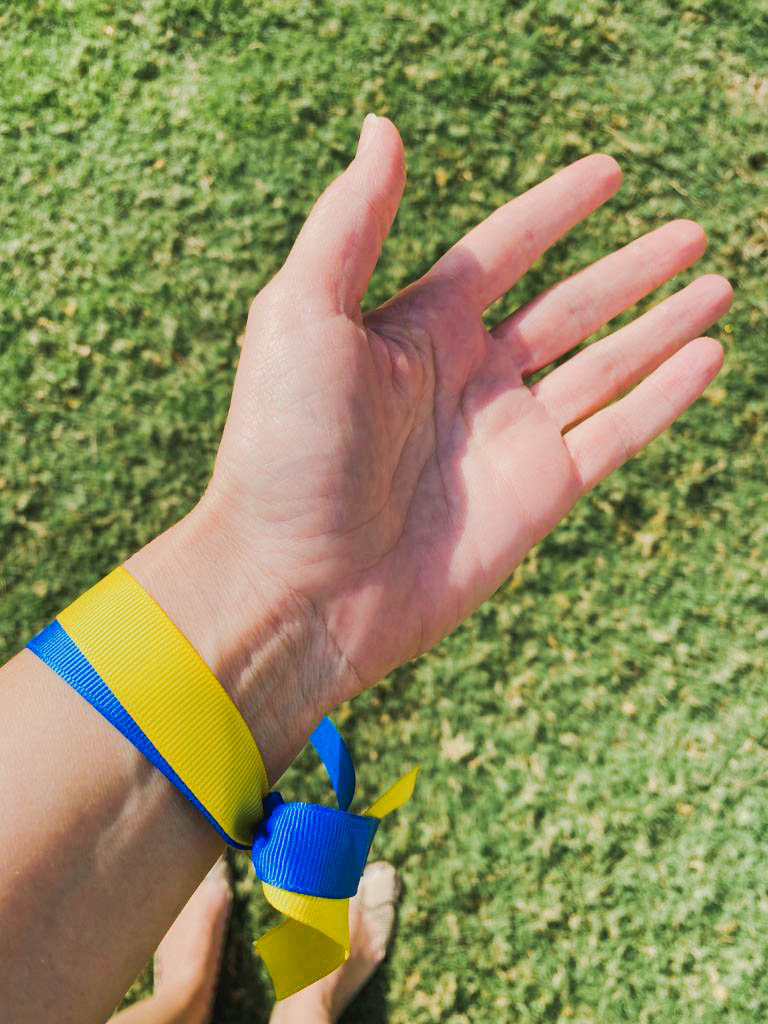You didn’t learn how to develop self-awareness. You may not even know what hacking into your psyche means. You didn’t grow up in a time when emotional intelligence became part of the curriculum. Your parents may have been knowledgeable in many areas of life but not when it comes to themselves and their emotions. You have gone through different traumatic experiences in childhood but have never talked about these in a helpful setting. Your parents and caregivers have gone through their own traumas (wars, and political instability or poverty). Yes your parents didn’t have the opportunity to process their traumas. Good intentioned but maybe traumatized parents raised you. But they may have inadvertently passed on their parents’ or their own traumas onto you.
Many people experience “symptoms” of these traumatic experiences in the form of anxiety, depression, substance abuse, or addictions. You cope in different ways maybe you engage in compulsive behaviors in order to numb or to distract yourself. May be you self-soothe by eating or drinking unhealthily or self-harming because your current reality is so painful. On top of that advertising and a culture of materialism bombards you with the idea that buying things will make you happy. So your self-soothing fit in easily in a world that encourages addictive behavior.
Self-aware people don’t just react based on impulse and are aware of their bodies, emotions, and thoughts. Conscious people know and always remain curious about themselves. Here are a few ways in which you can learn to hack into your psyche.
1. Start writing
You don’t need to be an “avid” writer to do this. It doesn’t matter what your handwriting looks like and whether you like writing or not. This is an exercise to help you improve self-knowledge.
Keep a personal journal. It is one the best steps you can take in order to boost your self-awareness and self-understanding.
Journaling is about writing about yourself and your thoughts by thinking of yourself as a person you are observing. Write as if you are the narrator of your life story. Tell yourself about who you are, how you feel, and why you feel this way. Write about the kind of life you want to live. Think about the things and the people you care about. Write about your priorities. Write as if you are a loving nurturing parent to yourself, making observations from a place of self-acceptance.
Download our free workbook that helps you hack into your psyche through mindful journaling.
2. Meditate
You cannot access your self-knowledgeable if you are not calm. Set aside a few minutes a couple of times a day to practice good breathing and slowing down. Breathing will bring you into a state of calm and relaxation. Once you are calm you can assess yourself and your life in an honest light.
Most people who experience chronic stress live in reactive mode and are unable to take a step back. Most people don’t contemplate their decisions wisely. Meditation will give you the skills to acquire self-acceptance and self-awareness.
Maybe people who say they don’t like meditation are afraid what they would discover when they slow down. People who say meditation didn’t work for them haven’t learned meditation yet.
Each person has their own journey when it comes to self-knowledge and you will have your own.
Click here to read more about self-esteem and self-acceptance.
3. Be your own good parent
Maybe you parents emotionally neglected you? You on other hand give your own family and children everything. But when it comes to your relationship with yourself, you might not be your own ally.
When you are day-dreaming your self-critical voice says: “You are not good looking enough. You are not smart enough. You are not fun enough.”
When you journal, ask yourself where these words come from. If you have explicit memories of people who spoke to you in that way, write down your memories. Picture your younger (child) version, give this part of you a name (little x). See how old this part is. Talk to this part of you as if you would talk to a child you deeply care about.
Maybe your young part became stuck during traumatic experiences you went through. Maybe your parents didn’t give you the love and warmth that you needed during a difficult time in your life. So a part you became stuck there, in the past. The good news is you can do this for yourself through your inherent wisdom and openness. So pay attention and see when these younger more vulnerable parts of you are pulling at you and needing you. Then imagine giving them love and compassion. Close your eyes and imagine giving your younger version a hug.
Opening the line of communication between your past and present parts you will have a better handle of yourself.
If you recognize that you need some professional help with dealing with trauma, you can reach Dr Ava here.
Dr. Ava Ghasemi (Holdich) is a licensed Psychologist with 11 years experience in the U.S., Canada and the Middle East. She has a practice of individual and couples therapy at the MapleTree Center in Dubai.

















